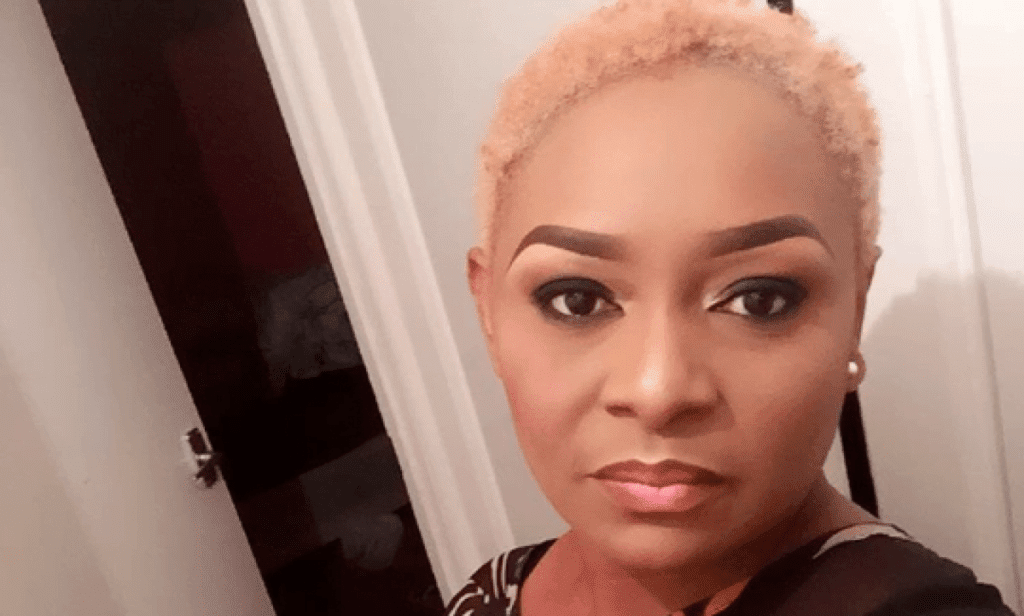Victoria Inyama, a renowned Nollywood actress, has recently opened up about the harrowing link between her ex-husband’s aggression and the performance of his favorite football club, Manchester United. In a candid interview with Chude Jideonwo, Inyama disclosed the deeply distressing experience of being subjected to domestic violence whenever the Red Devils suffered a defeat on the field.
According to Inyama, her ex-husband, Godwin Okrim, routinely directed his frustration and anger towards her following any unfavorable outcome for Manchester United. She expressed the enduring impact of this abuse, stating that even now, she associates the team’s losses with the physical and emotional agony she endured during her marriage.
“I hate Man Utd, ehn. The number of beatings wey dem beat me because Man United lose match ehn. Even up to today when there is a football match and Man U loses, I am like Thank God, today would have been a beating day. Even my son knows and would be laughing,” revealed Inyama during the interview.
This revelation sheds light on the far-reaching implications of domestic violence and the profound influence of sports on personal relationships. Inyama’s courageous decision to share her story serves as a poignant reminder of the enduring trauma inflicted by abusive dynamics. Furthermore, her narrative underscores the critical need for societal awareness and support systems to address the intersection of sports-related emotions and intimate partner violence.
Inyama’s account resonates beyond the confines of Nollywood, transcending geographical boundaries and prompting reflection on the broader implications of athletic fanaticism and its potential impact on familial dynamics. Her resilience and determination to confront the lingering effects of abuse exemplify the strength of survivors and their capacity to spark meaningful conversations that resonate globally.
As the world continues to grapple with issues of domestic violence and its multifaceted triggers, Victoria Inyama’s poignant revelation serves as a compelling call to action, urging individuals and communities to advocate for empathy, understanding, and proactive intervention in the face of such pervasive societal challenges.
